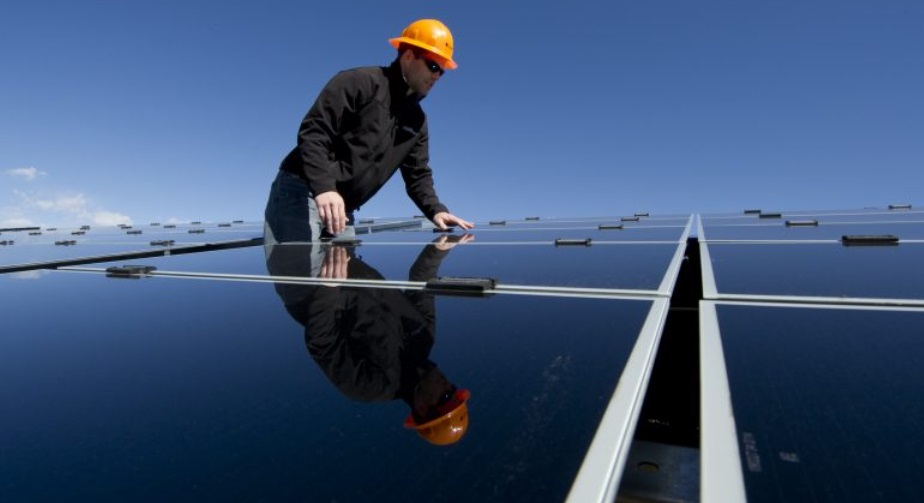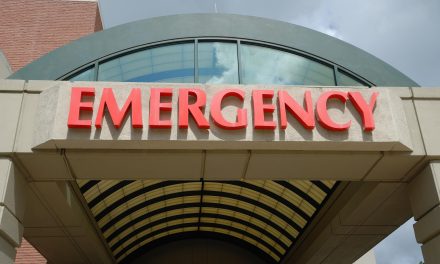By I. Katherine Magruder
Executive Director, Maryland Clean Energy Center
Maryland is home to powerhouse academic research institutions and federal labs. From the institutions in the University System of Maryland and Johns Hopkins University to the National Institutes of Health and USDA Beltsville Agricultural Research Center, among others, the state can certainly boast of having a knowledgeable economy.
Now is the time to generate economic opportunities from those very resources, as we fight to combat climate change and make the necessary investments to reap the inevitable return.
Maryland has a laudable track record of leveraging research and development strengths to expand the economy of the state. In the mid-nineties, biotechnology was just beginning to evolve into the powerhouse sector it has now become for the state.
This did not happen by chance.
Over the past 20 years, Maryland business and political leaders strategically invested and successfully leveraged resources to support the commercialization of biotechnology discoveries and medical devices. Once again it is time to capitalize on the scientific research strengths found in leading research institutions within its borders. Cutting edge energy and climate change research being done by top scientists in the state is the next frontier for economic development and job creation and should warrant a similarly targeted investment.
Cutting edge research
The Advanced Research Projects Agency – Energy (ARPA-E) is federally funded to advance high-potential, high-impact energy technologies which are too early for private-sector investment. ARPA-E awardees are unique because they are developing entirely new ways to generate, store and use energy.
According to Eric Wachsman, director of the University of Maryland Energy Research Center, the UMERC “is leading the nation’s universities in ARPA-E awards, with leadership and participation in 26 awards for $64 million so far.” Wachsman, who also runs the Maryland Energy Innovation Institute (MEII) based at College Park, and his colleagues are internationally recognized for their research on energy storage and battery technologies, energy efficiency and related engineering expertise.
The MEI2 Report to The State of Maryland on the Present Status and Future Potential of Maryland’s Clean Energy Innovation System examines and offers recommendations on “how Maryland can develop its Clean Energy Innovation System to strategically leverage clean-technology innovations,” addressing societal, environmental and economic goals for clean energy.
Examples of technologies
Example technologies include:
- Energy storage, grid modernization, and demand reduction
- Biotechnology in clean energy and clean agriculture
- CO2 removal, management, and re-use
- Clean fuels and displacement of energy-intensive products
- Electric verhicles, vehicle automation, transportation systems
- Integrated systems – AI (artificial intelligence) and ‘internet of things’
- New concepts in nuclear power to improve safety and lower costs
From bench to business, bringing a new technology to market is an arduous process, ripe with potential pitfalls and the need for investment. Maryland competes with other states capitalizing on similar opportunities like New York, Colorado, and Massachusetts. Fortunately, the biotech wave Maryland rode in the past put organizations and resources in place to form companies and help technologies land on the shores of profitability. Maintaining and expanding these programs and investments will allow the state to benefit from a new wave of energy and climate mitigation technologies to yield similar results.
TEDCO (Maryland Technology Development Corporation), is a leading source of funding for early-stage, technology-based businesses, in addition to providing other business assistance to entrepreneurs throughout the State. Within the university system, the Maryland Technology Enterprise Institute (MTech) and the Maryland Industrial Partnerships Service (MIPS), are also poised to offer start-up business incubation services and technology validation with industry partners.
The Maryland Clean Energy Center (MCEC) hosts the Maryland Energy Innovation Accelerator (MEIA) to facilitate early-stage technology commercialization.
“MCEC has committed financial resources and technical expertise to pull innovative advanced energy technologies out of the lab into the marketplace,” said Geoff Oxnam, MCEC board chair. “We are wrapping these technological advances with the necessary support to create new companies and job opportunities in Maryland.”
The Maryland Clean Energy Center is hosting a webinar on Advancing Energy Innovation as an Economic Development Strategy, scheduled this Thursday, Oct. 29, from 10:30 a.m. to noon. It will take a closer look at evolving energy technologies and investment to support commercialization, featuring experts from Colorado, Massachusetts and within Maryland.
Details about this free educational session can be found at www.mdcleanenergy.org/speakerseries.
The Maryland Clean Energy Center was created in 2008 to encourage the transformation of the energy economy. MCEC works to implement financing solutions that catalyze the growth of business, create jobs, and make clean energy technologies, products and services affordable and accessible for Maryland consumers.







Recent Comments